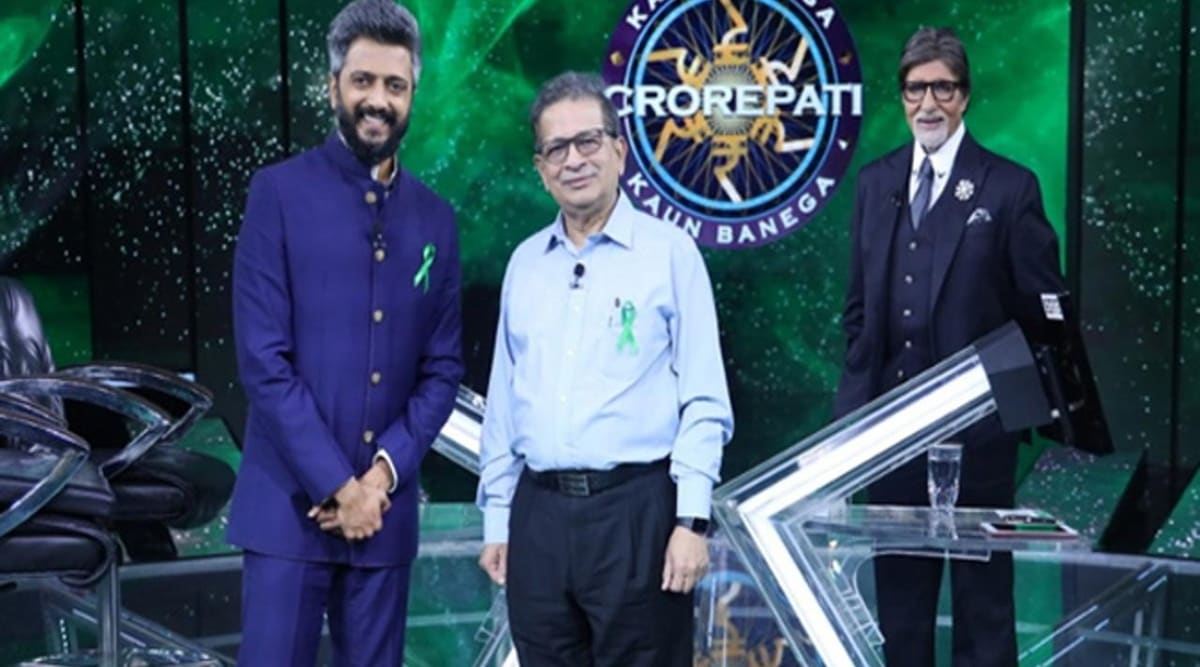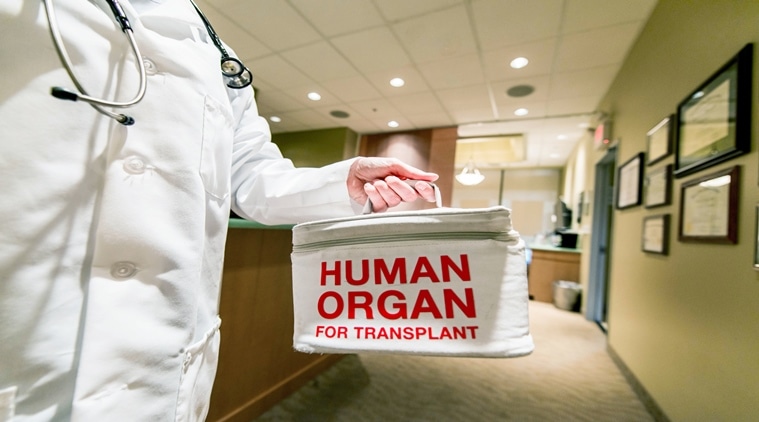Roughly, five lakh people die annually in India due to the lack of an organ donor but with less than one per million people opting to donate," says Dr Veerabhadra Gupta, medical advisor at Bangalore Kidney Foundation, Bengaluru.

The latest episode of Kaun Banega Crorepati hosted by Amitabh Bachchan saw special Karamveer contestants actor Reteish Deshmukh and Dr Sunil Shroff, managing trustee of Mohan Foundation, raise awareness on organ donation.
More than a noble cause, if statistics are to go by, it is the need of the hour.
According to Organ Retrieval Banking Organisation (ORBO) of All India Institute of Medical Sciences (AIIMS)–and while these are not exact figures–there is a need for about 1.5 lakh kidney transplants a year while only about 8,000 transplants happen. About 40,000-50,000 liver transplants are required, but only 1,700-1800 happen each year. About 15,000 heart transplants are required a year but only about 250 heart transplants happen every year.
Roughly, five lakh people die annually in India due to the lack of an organ donor but with less than one per million people opting to donate, the organ donation rate in the country is one of the lowest in the world. In India, there is a growing need for organ and tissue transplant due to large numbers of organ failure,” says Dr Veerabhadra Gupta, medical advisor at Bangalore Kidney Foundation, Bengaluru.
Types of organ donation
*Living donor organ donations. As per the THOA (Transplantation of Human Organs Act) Rules 2014, it can be living near-related donors or living non-near related donors or a swap donor.
*Deceased donor organ donations.
“Just about anyone, at any age, can become an organ donor. For living donations, one should be more than 18 years of age and should be in good health. The transplant team will assess the donor and pre-requested legal formalities have to be completed before donation. Having serious conditions like cancer, diabetes, kidney or liver diseases can prevent you from donating as a living donor,” explains Dr Gupta.
How can you become an organ donor?
You can be an organ donor by expressing your will in the authorised organ and tissue donation form (Form 7 as per THOA) or by signing an organ donor card. You can pledge to donate your organs by signing up with the website http://www.notto.nic.in and register yourself as a donor.
ALSO READ | KBC 12: The Rs 25 lakh question contestant Jay missed and its right answer
Dr Gupta suggests one should keep a few things in mind to overcome fear and assumptions related to pledging your organs.
*Transplant can help many people – assuming all of his or her organs (heart, kidney, pancreas, liver, lung and intestines) are used – a single donor can help around eight recipients. With tissue donations, that number jumps to around 75.
*People after transplant can go from literally being at death’s door to walking out of the hospital in good health. It has a profound impact not only on the individual, but also their families. Many families say that knowing their loved one helped save or improve other lives’, helped them cope with their loss.
*Transplantation is a safe, commonly done procedure. Transplantation is one of medicine’s modern-day marvels. The success rates of transplants are high. A recipient can live longer than ever after a transplant. In many cases, that means the remainder of one’s natural life.
*It does not affect your medical care. Transplant doctors and retrieval teams only come into the picture after a patient dies or is declared brain dead, so there is no reason to fear subpar treatment or a conflict of interest while alive.

*Make your intentions known. Organ donors should tell their loved ones about their choices. The patient’s relatives may otherwise offer consent on behalf of the deceased, but having tangible proof ahead of time can ease the process.
*When a donor dies, diagnostic tests and a full review of their medical history are performed to determine transplant eligibility. Age, race, gender and income do not play a role.
*The system respects the donor’s dignity. The donor is treated with utmost care throughout the procedure and their sentiments will be respected.
*Organs will be moved quickly. Once a cross-matching is secured, there is little time to spare. A heart typically has the shortest window from removal to transplantation around four-six hours. Liver has around 12 hours, kidneys have around 24 hours. Each organ is typically packed in ice and preserved with a special solution before it is transplanted.
Disclaimer: This is for general information of the readers. Always consult a nephrologist for specific renal health problems.
For more lifestyle news, follow us: Twitter: lifestyle_ie | Facebook: IE Lifestyle | Instagram: ie_lifestyle
? The Indian Express is now on Telegram. Click here to join our channel (@indianexpress) and stay updated with the latest headlines
For all the latest Lifestyle News, download Indian Express App.
Source: Read Full Article
